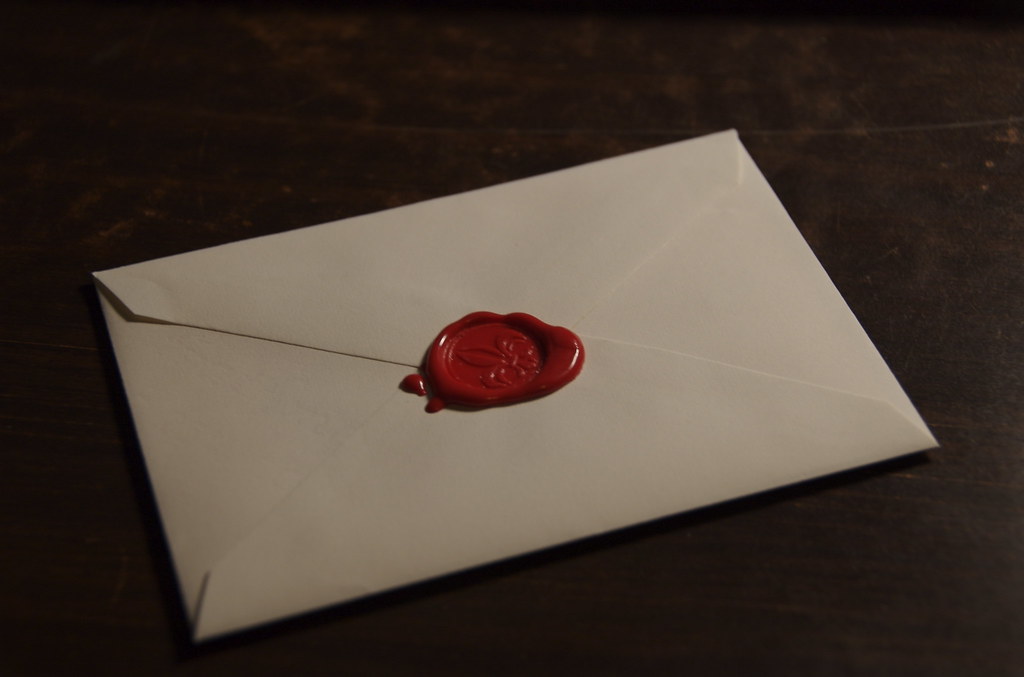Letter to USUE student government


Dear Student Council and Editors,
I am writing to address the unnecessary budget cuts and restrictions a student led committee felt were necessary for The Eagle though no reasonable justification. A primary reason for these cuts and restrictions–as conveyed to me–was a belief that physical copies were not being read by the student body, thus the newspaper should not be allowed to print them any longer. If accurate, this reason perfectly demonstrates a point I’d like to make regarding the indispensable leadership quality of being able to assess something’s value.
The ability to assess value–and the amount of work one is willing to put forth to do so correctly–is heavily influenced by our individual experiences. As a practicing attorney, medical school faculty, a father and husband, and alumni who teaches graduate courses on law, ethics, and science philosophy of this institution and its student newspaper, I can say from positional experience that each has contributed in varying degrees to how I receive and process new information when it is presented. I cannot adequately describe how indispensable being a part of The Eagle student newspaper here at USU Eastern was for me in that regard.
The ability to properly assess the value of something is a skill that should be more common than it is. For example, on one end of the spectrum choosing a television show to invest your time is simple. You view the material, assess how it makes you feel, and then determine whether the strength and frequency of the emotions elicited by the program warrant repeated viewings. On the other end, you encounter something that you have little to no experience with. A class, a person, an idea, a field of study, something that requires effort to understand. How do you, or rather, how should you go forward assessing the value of such things? Is it intellectually honest or moral to pronounce judgment without first putting forward reasonable due diligence? Or perhaps, is it more ethical to defer to the wisdom of those with more experience unless or until you may do so? There is a nuance to each situation which requires deep and prolonged thought.
If the purpose of cutting the budget of a student newspaper–and limiting how highly experienced faculty utilize their funds–is because students don’t read physical copies of the paper, then those who made this decision under this hyperbole have failed to understand the purpose of a student newspaper and perhaps education as a whole. When a history student writes a research paper the purpose is not to educate the professor on Anglo Saxon burial rites. The purpose is to teach the student how to research, reason, and write. To practice skills that will grow them into competent critical thinkers capable of assessing value and making determinations based on educated insight. Thus, the purpose of a student newspaper is not–and never has been–the number of students who read it, but rather, about educating the students who work to produce it. Printing physical copies educates and challenges students in ways that online publication–with its boundless void of space–simply cannot. It provides learning opportunities that are unique and challenging, something that faculty with decades of experience would understand.
The justification for these budget restrictions is flawed and should be undone so that the newspaper faculty can continue educating students in the way their decades of experience has shown to be successful. Speaking as one who found success not only during my undergraduate studies, but again under the rigorous stress and expectations of law school, the purpose of your education is not to produce something that others find valuable, but to produce something that is of value to the development of your mind and soul. That you may go out into the world prepared to overcome the many challenges that await you. Non nobis solum nati sumus.




